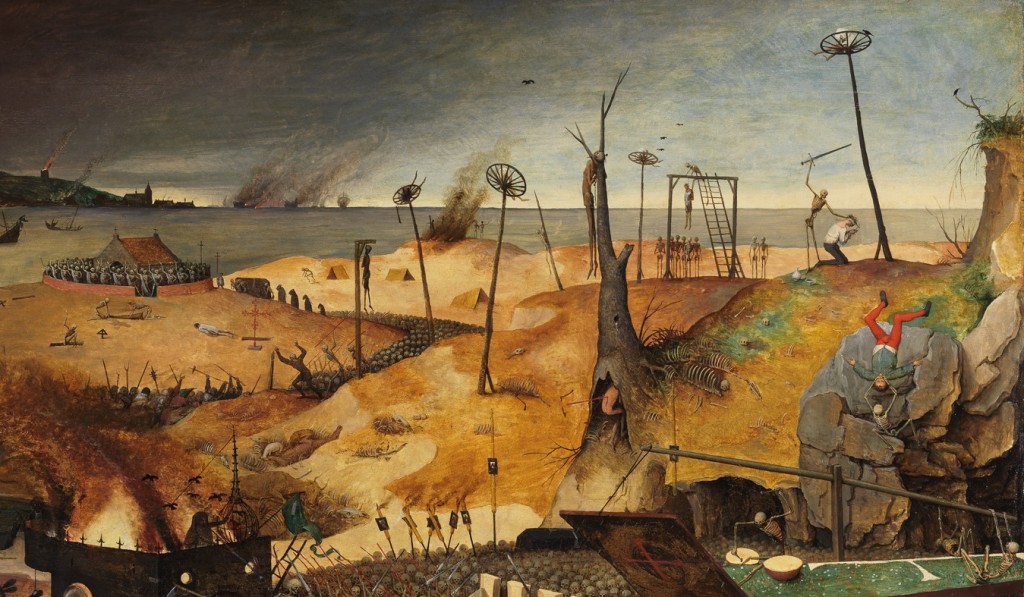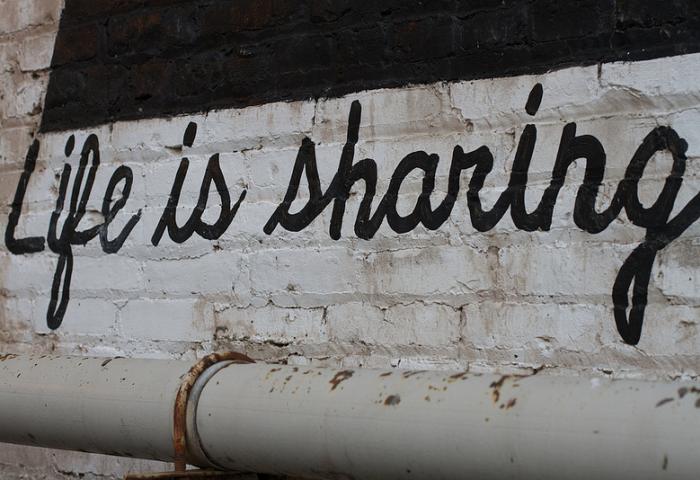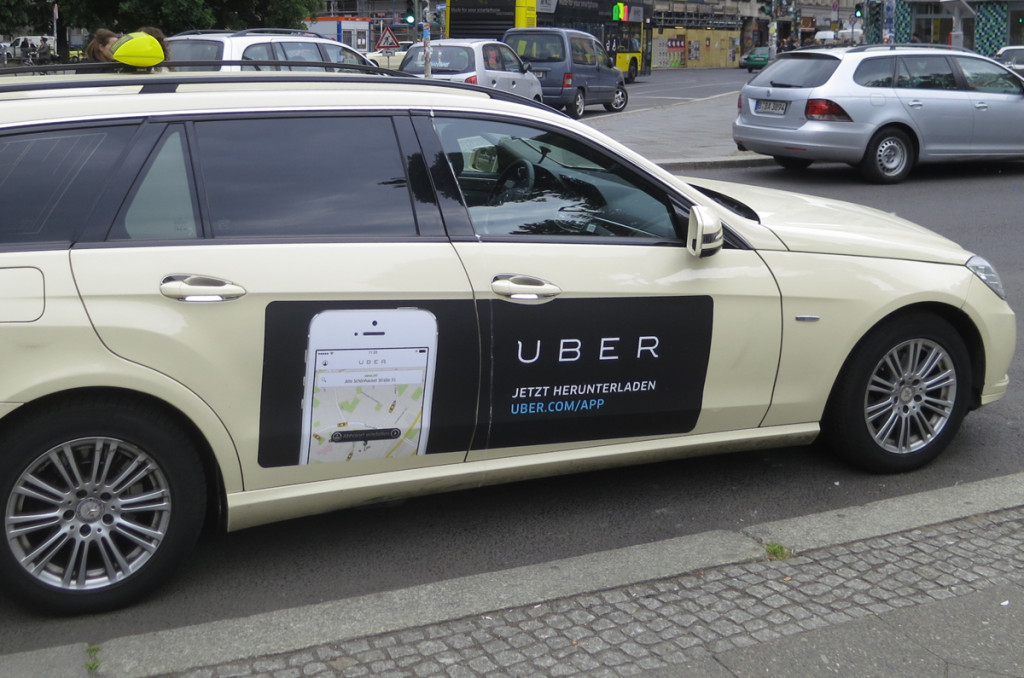
No Business with Aggressor
BY
FOR / March 17, 2022
Cooperating with Russia is no more a legal threat due to sanctions nor a mere corporate responsibility issue. It has become a much more fundamental issue of morality.









